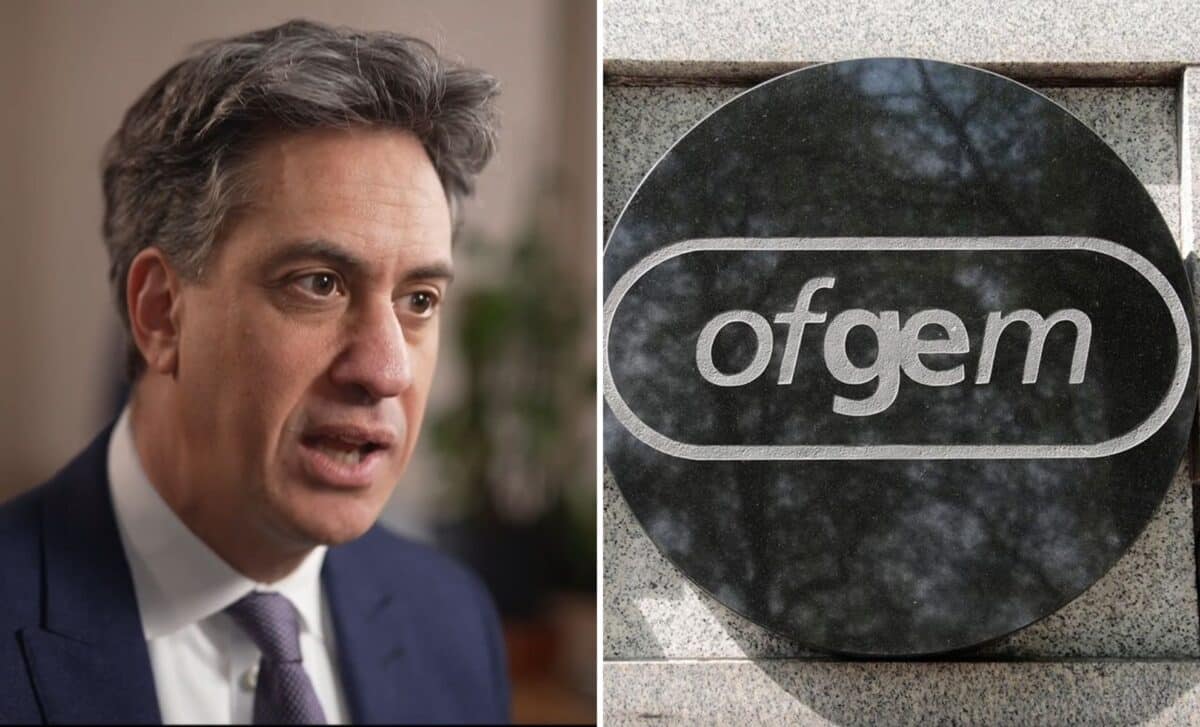Regulator Ofgem and Energy Secretary Ed Miliband have issued a joint warning to energy suppliers after repeated delays to a major billing reform. The programme, which could save households up to £330, is now expected no earlier than October 2025.
Energy firms have come under increased scrutiny after slow industry progress on a key regulatory programme aimed at modernising billing practices and reducing household energy costs. According to Ofgem, delays to the scheme are already depriving consumers of potential savings and will no longer be tolerated.
The scheme—Market-Wide Half-Hourly Settlement (MHHS)—represents a significant shift in how electricity consumption is recorded and billed across the UK.
Supported by the Department for Energy Security and Net Zero, MHHS is intended to make pricing more reflective of real-time usage and unlock cheaper tariffs for consumers who shift usage to off-peak times.
Industry Delays Hinder Smart Billing Rollout
MHHS is an ambitious reform initiative led by Ofgem, designed to enable electricity billing based on half-hourly consumption data collected via smart meters. The reform replaces the current system of estimating usage over longer intervals and aims to foster a more dynamic energy market by encouraging suppliers to offer time-of-use tariffs.
According to Ofgem, the programme had been due for implementation in 2024, but was pushed back to October 2025 following sluggish progress by suppliers during the testing phase.
In a letter sent jointly with Energy Secretary Ed Miliband, Ofgem Chief Executive Jonathan Brearley expressed “extreme disappointment” over the delays, stating that testing last year was so slow that it forced the regulator to approve a postponement.
The letter outlines expectations for the next stages of the rollout, including qualification, migration, and eventual switchover to the faster settlement timetable. “We are clear that there should be no further delays,” the letter warns, with a call for energy firms to accelerate their preparations and comply with new timelines.
Consumers Miss Out on Savings From Flexible Tariffs
The main benefit of the MHHS programme lies in its ability to support more flexible electricity tariffs. By measuring usage in 30-minute intervals, suppliers can incentivise consumers to shift their electricity use to periods when demand is low or when renewable generation is high.
According to Ed Miliband, consumers could save up to £332 annually under such tariffs. Speaking to the Mirror, Miliband stated: “Households should be able to cut their bills by taking advantage of cheaper electricity at off-peak times.”
He emphasised the need for suppliers to use accurate data to create new pricing models that reduce costs and support a more adaptive energy system.
Jonathan Brearley added that MHHS could “bring down bills and reduce emissions”, but warned that further inaction by suppliers would not be accepted. A consultation is currently open to gather industry views on the programme’s delivery.









